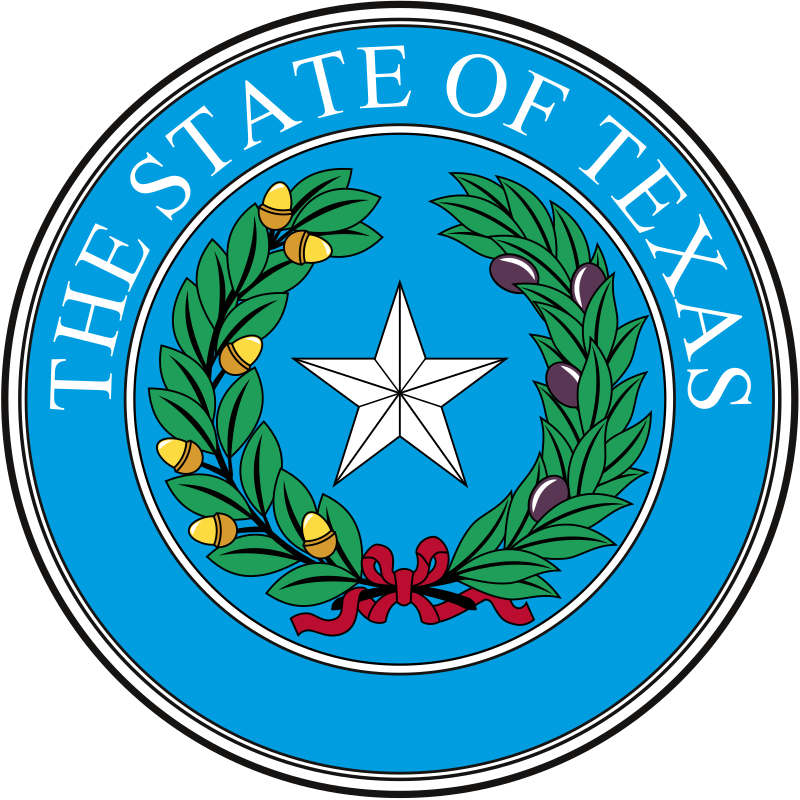cross-posted from: https://lemmy.world/post/16376684
To fight poverty, some Texas cities gave aid with no strings attached. Conservatives are pushing back.
Guaranteed income programs let participants use funds however they see fit. Critics argue they’re not a good use of taxpayer dollars.
…
Guaranteed income programs have become more popular since the pandemic as dozens of cities across the country launched pilot programs using federal COVID-19 relief funds. Whereas other welfare funds like food stamps and housing vouchers provide assistance for specific expenses, guaranteed income programs allow recipients to decide how they spend the money. Researchers have found them to be an effective way to combat poverty.
In recent years, a handful of Texas cities and counties have piloted their own guaranteed income programs for low-income households. Financed by a combination of federal, local and philanthropic funds, Austin, San Antonio and El Paso County have collectively issued about $9 million in payments to roughly 1,500 households since 2020.
But the notion is facing stiff opposition from conservatives who say these programs are a bad use of taxpayers’ money and amount to government overreach. Attorney General Ken Paxton recently sued Harris County to block its guaranteed income program, Uplift Harris. The Texas Supreme Court indefinitely paused the pilot while the case goes to trial. Financed by funds from the American Rescue Plan Act, the program would have provided almost 2,000 households in the area’s poorest neighborhoods with $500 a month for 18 months.



This is the best summary I could come up with:
The aid was part of San Antonio’s Two-Year Fund, a so-called guaranteed income program that gave money to low-income households with no strings attached.
Whereas other welfare funds like food stamps and housing vouchers provide assistance for specific expenses, guaranteed income programs allow recipients to decide how they spend the money.
Financed by a combination of federal, local and philanthropic funds, Austin, San Antonio and El Paso County have collectively issued about $9 million in payments to roughly 1,500 households since 2020.
The Urban Institute found that people who participated in Austin’s pilot program, which ran from 2022 to 2023, spent 58% of the money on rent and the rest mostly on basic needs and utilities.
Anti-poverty initiatives traditionally have specific objectives, such as increasing house ownership or providing workforce development, but guaranteed income programs enable households to decide what’s the best way for them to build wealth, said Jesús Gerena, CEO of UpTogether.
Bogle pointed to research that shows increases in household income improve future employment opportunities for children, which helps break the cycle of welfare.
The original article contains 1,050 words, the summary contains 177 words. Saved 83%. I’m a bot and I’m open source!